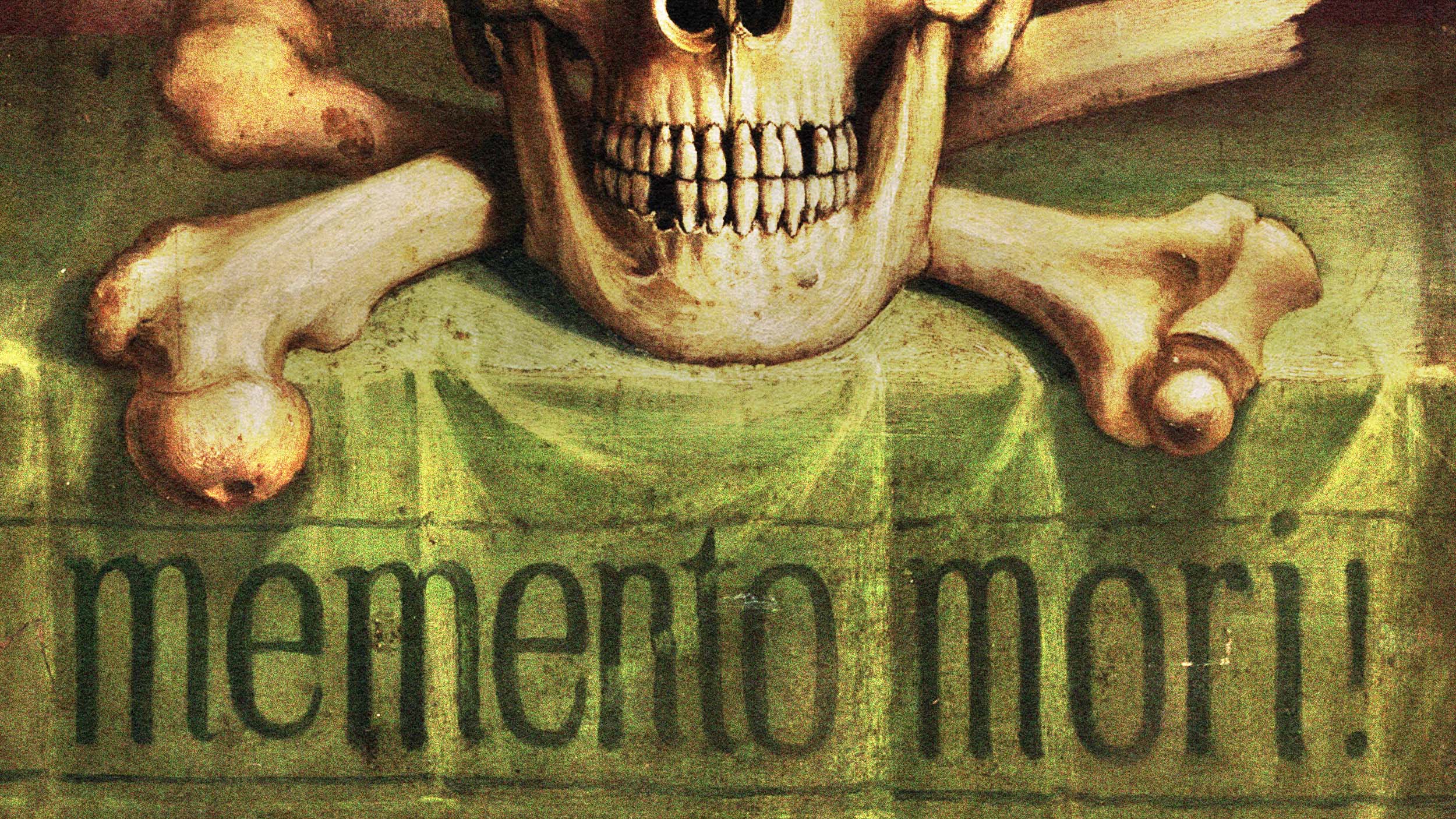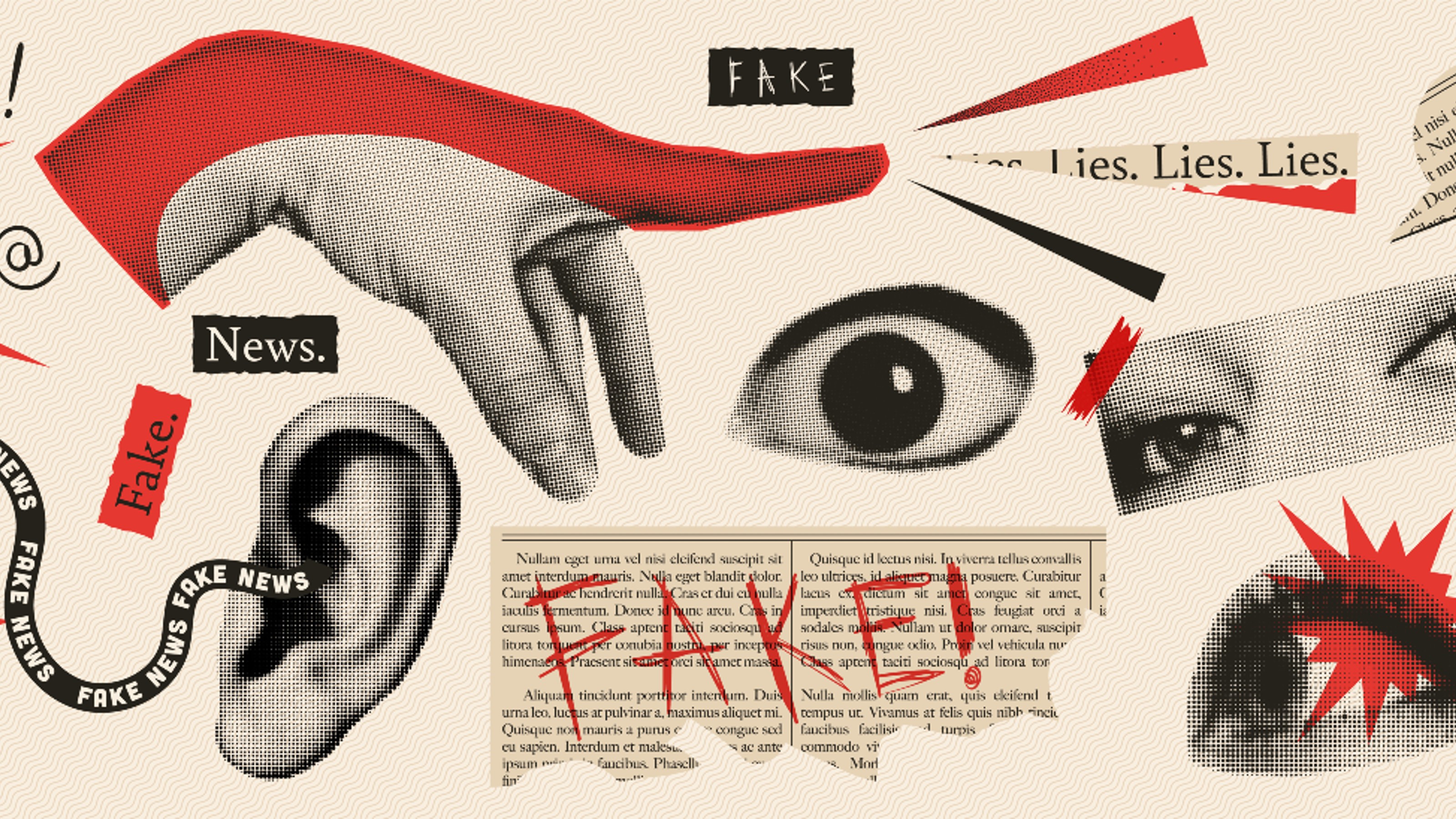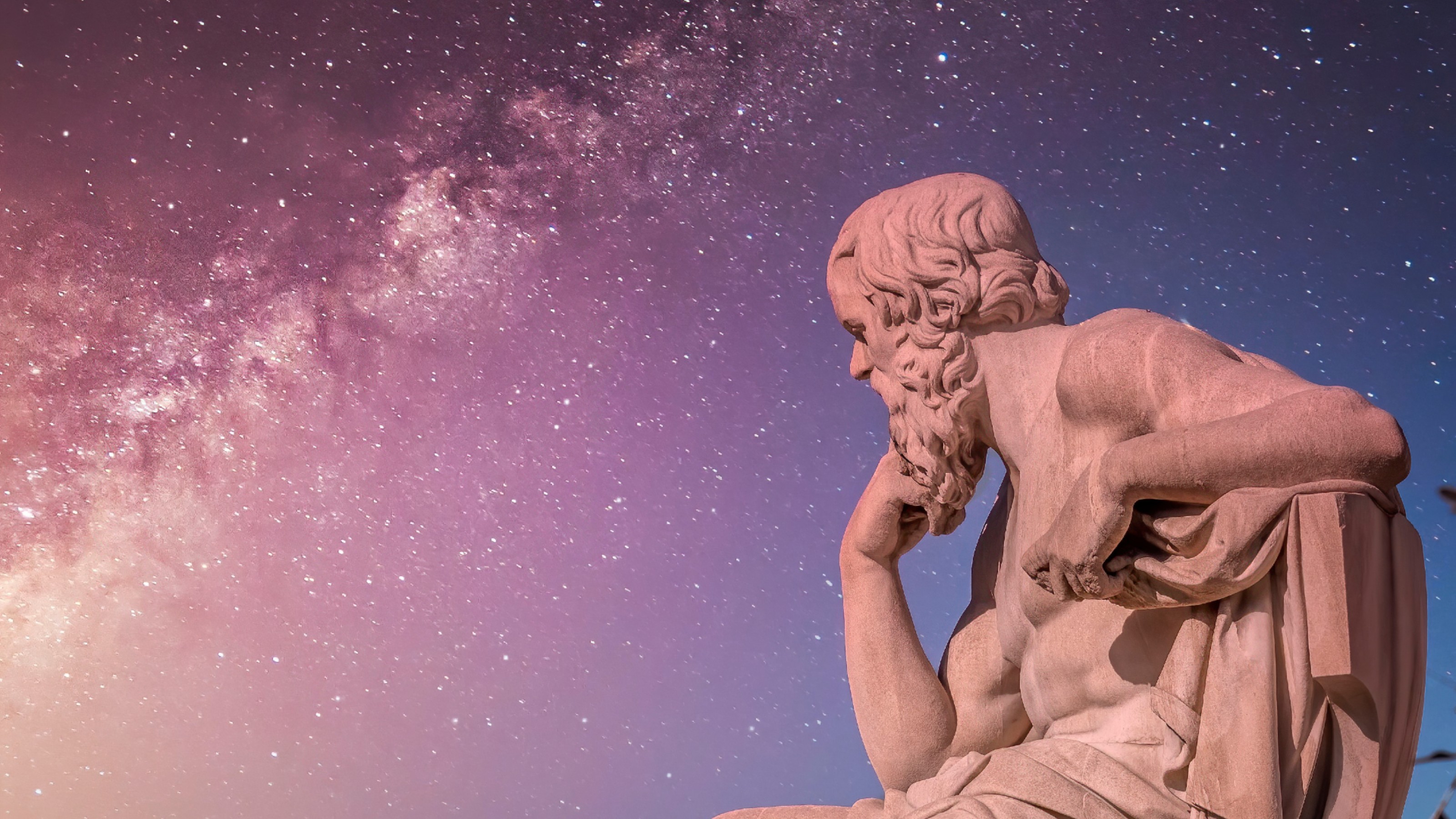“Hopeful skepticism”: The cure for cynicism and how to apply it

- Cynicism is often viewed as wise, safe, and moral, but research shows the opposite to be true.
- Trusting others leads to better physical and mental health in the long run.
- Hopeful skeptics approach relationships like scientists by pitting their assumptions of others against the evidence.
Let’s play a game. Here’s the setup: You’re an investor, and, to keep the math simple, you have $10 to invest. Thing is, you’re not looking into stocks, commodities, or a new business opportunity. You’re investing in a stranger.
The game: You’re going to give this stranger some, none, or all of your money, and whatever amount you give is guaranteed to triple. If you send them all $10, it’s going to become $30. If you send them $5, it’s going to become $15. If you send nothing, all you’ll earn is a goose egg.
The catch: It’s up to the stranger how to divvy up the pot. Send all your money, and you have a chance for the highest payout but you risk everything. Send nothing, risk nothing, get nothing. And any amount in-between saves you a little something while risking something as well.
What do you do?
This is a classic “game” — in the game theory sense of the word — that economists use to measure trust, and Stanford psychologist Jamil Zaki cites it in new book, Hope for Cynics, to illustrate an important theme: Cynicism is a costly worldview to hold.
The 3 myths of cynicism
We’ll see how the game plays out in a moment, but first we need to consider what cynicism means in its modern sense — versus its philosophical ancestor — and why it’s developed such a following of late.
Zaki defines cynicism as the belief that people are ultimately selfish, greedy, and dishonest. That’s not to say that a cynic would be shocked to learn that people donate to charity, help needy neighbors, or care for terminally ill relatives. However, they would see these acts as a “thin veneer” for ulterior motives that are ultimately “self-interested, competitive, and untrustworthy.”
In the cynic’s eyes, every charity is a scam, every act of kindness is a social debt accruing interest, and every caregiver is only in it for a postmortem payday. It’s a lonely, unsightly worldview that leaves one always second-guessing others and keeping a cautious eye looking over their shoulder.
Why then have so many people, across cultures and generations, adopted it? A cynic may answer that a worldview’s unattractiveness has no bearing on its accuracy. If something is true of human nature, then that’s a truth we must accept.
Fair enough, but cynicism doesn’t even pass this test. Zaki argues its appeal is propped up by three myths that are ultimately founded on shaky premises.
“It’s important to be aware of the structural problems in our culture, but cynics tell us that those problems reflect who we really are.”
Jamil Zaki
The first myth is that cynicism is wise. In an interview, Zaki cites research showing that 70% of the general population believe cynics are smarter. Meanwhile, 85% believe that cynics are better at picking out liars. In fact, the opposite is true. Cynics do less well on cognitive tests than non-cynics, and their internal lie detector is spottier. They’ve also been found to be less competent.
“Negativity feels truthy, and when somebody speaks in truthy language, they sound smart,” Zaki tells Big Think.
Another pitfall of this negativity bias is that negative experiences hurt more than positive ones feel good. We remember those times we were hoodwinked or betrayed more vividly than the times our trust was repaid in kind. This emotional coloring distorts our ability to properly assess the risks of trusting others and leads to the second myth of cynicism: That it’s safer.
While not trusting others may be safe in the short-term, Zaki argues it’s a dangerous long-term strategy.
“The problem is that [cynics] will miss out on all sorts of opportunities,” Zaki adds. “The times they could have trusted and gained but didn’t are everywhere. But because [these opportunities] aren’t as obvious, we don’t feel them and so we feel like we’re safe being cynical.”
The final myth is that cynicism is moral because cynics shed light on social ills. As the thinking goes, those who refuse to acknowledge the self-interest and competition driving us either aren’t paying attention or enjoy the privilege of being able to trust others.
While cynics can expose social problems, Zaki says, they do so to the exclusion of all else. He likens this to a lawyer who only considers their side of the case — cherry-picking the evidence that supports their claim while explaining away the rest.
“It’s important to be aware of the structural problems in our culture, but cynics tell us that those problems reflect who we really are. They’re not some system that’s oppressing us. That’s humanity speaking. And if you believe that, then what the hell is the point of doing anything?”
The hidden costs of cynicism
Let’s return to our game. After running these experiments for decades, economists have found that cynical players usually send $0–3. Because of this, they receive little, if anything, in return. Conversely, less cynical players tend to send $5. The stranger then typically returns $6 to the player and keeps $9 for themselves. That leaves the player with $11 — not much of a profit but they stay in the black.
Sometimes, the stranger does split with the money, but not as often as you may think. While results vary depending on how the game is set up, the research Zaki cites in his book — and which our game was based on — shows that trust is paid back 80% of the time.
At those odds, you’ll do better betting on strangers than ponies any day, and outside the lab, the cynic’s strategy costs much more than a couple of bucks.

Those who measure higher on cynicism tend to exhibit more depression, addiction, and loneliness than non-cynics. They’re more likely to suffer heart disease. They’re less likely to advance in their career. And when distrust spreads through social networks, entire communities become less resilient in the face of challenges and dangers.
That may sound intense for a worldview, and there are confounders to consider, but as Zaki points out, one of the major findings in psychology is that our social connections are “psychologically nourishing.” Because cynics find others distrustful by default, they become socially “malnourished,” and this has all sorts of downstream costs on health, stress, and even sleep.
The value of a skeptical eye
Of course, gullibility is costly, too, so the alternative to cynicism isn’t blind trust. Instead, Zaki argues the best way to build trusting, functional relationships and communities is through “hopeful skepticism.”
That may surprise some people as both worldviews express doubt, suspicion, and a reservation to believe. And while there is some overlap, Zaki explains that cynicism is a “lack of faith in people” while skepticism is a “lack of faith in our assumptions.”
A hopeful skeptic approaches relationships — both interpersonal and communal — like a scientist. Each social interaction is an opportunity to form a hypothesis, test it, gather the data, and update our prior understanding based on what we learn.
This is how the non-cynical players approached the trust game. They gave enough money to signal trust in the stranger but not so much that they would be bankrupted if the stranger proved untrustworthy. This allowed them to collect the social data and had the game continued for another round — as real-life interactions often do — they could use that information to inform their next play.
“What we think and feel isn’t just for us; it’s for our communities. Our ability to believe in each other now goes hand in hand with creating a future that we want.”
Jamil Zaki
Hopeful skeptics also question their perceptions. They don’t trust their gut instinct and negativity bias. Instead, they gather as much evidence as possible from a range of sources to build a more comprehensive and accurate understanding of the social world. And because their worldview isn’t a foregone conclusion, they are open to being wrong.
“When you pay close attention, you realize that the data are better than most people know,” Zaki says. “When we take a close account of what people are really like, pleasant surprises are everywhere.”
Not just hoping for the best
Now, Zaki isn’t saying cynics are idiots, reckless, or immoral. He struggles with an internal cynic himself, and he empathizes with those who are wrestling with trauma, struggling in their relationships, or afraid of being harmed. Withdrawing from others and assuming the worst are painful, yet relatable, responses to such heartbreaking situations.
His book is titled Hope for Cynics because he wants to help those who may mistakenly believe that cynicism offers protection when, in reality, the worldview ultimately cuts them off from the very relationships that make the world a less lonely and cruel place to live.
“Hopeful skepticism helps us be more accurate, but it also helps us be a more positive force in the world,” Zaki says. “What we think and feel isn’t just for us; it’s for our communities. Our ability to believe in each other now goes hand in hand with creating a future that we want.”






